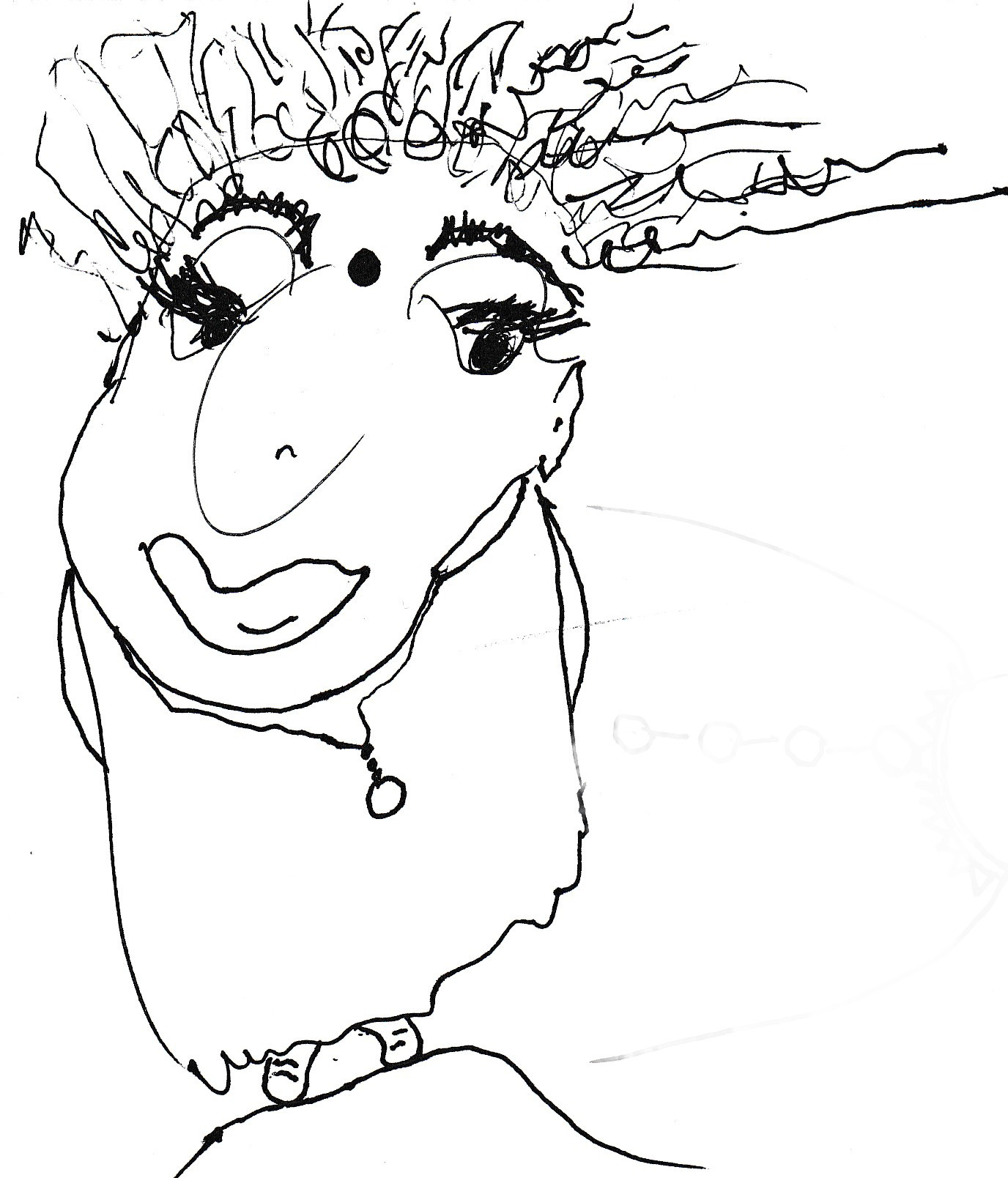OK! My name is Debut. I am happy to join you on this royal ride in a gargantuan novel. I have to remind myself it is fiction… since it seems real, human, familiar and oh, so much more. I am terribly grateful for such a marvelous English translation by Christine Donougher and the author, Victor Hugo, a 19th century man of prowess who created a handwritten masterpiece. Not everyone thinks so, but find out for yourself.
Come on along for the ride.
“Shhhhhh.”
That’s my boss shhhhushing me. Gotta go. My boss wants to say something.
Let us begin with an introductory quote followed by my commentary.
I have divided the complete quote into single lines in order to focus on the content and hopefully to slow you, the reader, down enough to contemplate Hugo’s ideas. These are from the translation by Christine Donougher.
I want to destroy human inevitability;
When I first read this I stopped going any further. The semi-colon did its work and I paused. I contemplated the meaning. At first I thought that the meaning was that humankind, according to Hugo, needed to be shattered, wrecked or removed altogether, i.e., his use of the word destroy.
It reminded me of the underlying tenor of today. There are forces today that want to control birth rates, quicken the end of life and well…just about everything from money to medicine. But…I was too hasty.
Fortunately, I kept puzzling over it and read the three-word sentence after the semi-colon!
;I condemn slavery,
Three words that changed the tenor of the first line. Hugo’s condemnation of slavery was written over 150 years ago in France. This boggles the modern mind to think we have NOT ended slavery.
Hugo goes on.
I chase out poverty,
There is a lot of rhetoric regarding these human aspects about life. Keep in mind Victor Hugo, considered a monster by some and a genius by many, wants to destroy slavery and poverty.
He adds...
I instruct ignorance.
This particular human inevitability appears to be an ongoing human dilemma. From a spiritual point of view changing ignorance to knowledge is a major stage of spiritual awakening. Bravo Monsieur Hugo!
I light up the night,
Since electricity did not come to France until the 1880’s Hugo must be using this phrase as a way to celebrate or lift up mankind. Hopefully or Thankfully.
I hate hatred.
This one is passionate and doubles the feelings that began with his desire to destroy human inevitability. I postulate that each line of the entire quote was his philosophical and ethical position as a politician.
I feel compelled to remind the reader that the first line, I want to destroy human inevitability, speaks loud and clear of Hugo’s genius.
And…now we may need to ask some questions.
Was it mere rhetoric? Was it akin to empty promises to fool mankind? Self-interest?
To answer those questions, we must read his greatest novel and find out for ourselves. But there are two more lines to this introduction. Do not skip them.
That is what I am and that is why I have written Les Miserables.
Do we trust this rogue? Did he transcend his human nature and go beyond his mistakes and harms done to his family and silly women who were caught up in his fame, money and heavy-handed authority?
His final line.
As I see it, Les Miserables, is nothing other than a book having fraternity as its foundation and progress as its summit.
Does this mean we are included? Does any of this sound familar in this modern period of 2024, USA?
Reading the novel may help us decide for ourselves. Was Victor Hugo a man, a genius who used a hyperbolic introduction to entice the reader to join his fraternity which he claims as being progress?
1 Quotes & comments from Les Miserables, 1862, Victor HUgo. Translated 2013 by Christine Donougher.
Part One. Introduction. More to follow. Believe it or not?






